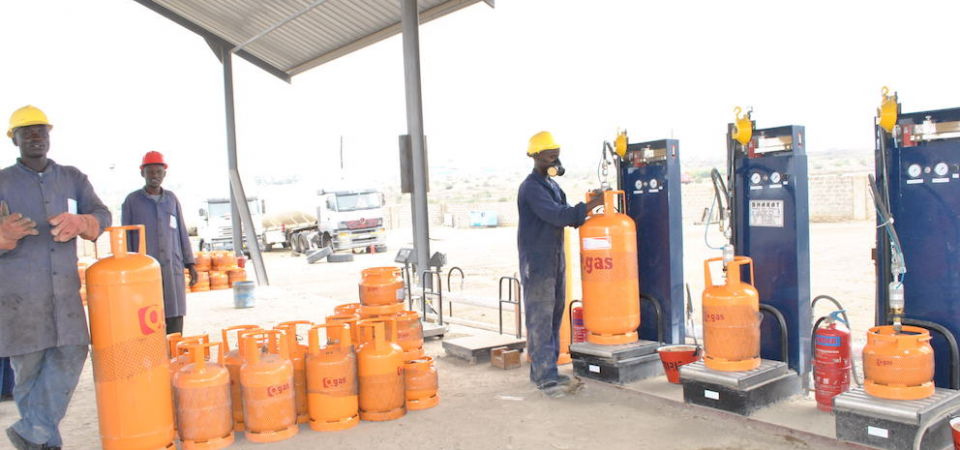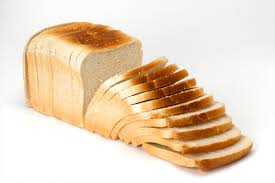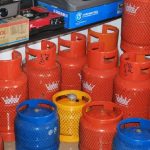Cooking gas consumers are being cautioned to prepare for challenging times ahead as industry insiders predict an imminent surge in the prices of liquified natural gas (LNG), commonly known as cooking gas. The anticipated price hike, slated to begin next week, stems from a convergence of factors including soaring international prices, increased tax rates, elevated vessel costs, forex scarcity, and the devaluation of the local currency.
Olatunbosun Oladapo, President of the Nigerian Association of Liquefied Petroleum Gas Marketers (NALPGAM), voiced this concerning projection. He emphasized that international prices of cooking gas have experienced an upswing, while vessel expenses have surged, adding to the fiscal pressure. In this situation, however, consumers’ earning power remains stagnant.
Oladapo lamented the impending price escalation, categorizing it as unfortunate. He highlighted how the ripple effects are already palpable across the spectrum, impacting consumers, middlemen, and retailers alike. The economic downturn has dampened business activity, exacerbating the challenge for the average consumer struggling with reduced purchasing power.
In response to the heightened cost, Oladapo revealed that many consumers are resorting to traditional methods such as firewood, charcoal, and sawdust for cooking due to the financial strain of using gas.
Drawing attention to the tax implications, he elaborated on the grim realities faced by businesses in the sector. For instance, on a 1kg gas priced at N700, taxation chips away N3.50, leaving a meager profit margin. This stark reality is exacerbating the industry’s difficulties.
Amid these challenges, Oladapo fervently called upon the government to intervene with palliative measures that would alleviate the mounting burdens on the masses. This could include reducing taxes and levies to provide some relief.
Addressing fellow marketers, Oladapo urged those who had the opportunity to procure products locally to consider pricing strategies with consumers’ financial constraints in mind.
Industry analysts pinpointed vessel scarcity in the international market as a crucial factor. The challenges faced by liner companies in deploying capacity within a market marked by dwindling demand due to macroeconomic pressures have fueled this scarcity. Forecasts warn that this vessel shortage is likely to catalyze cooking gas price hikes globally in the upcoming months, precipitated by surges in charter rates.
As consumers brace for these impending changes, stakeholders are grappling with the complex interplay of international dynamics and local economic realities, striving to strike a balance between sustaining the industry and ensuring affordability for the average consumer.









